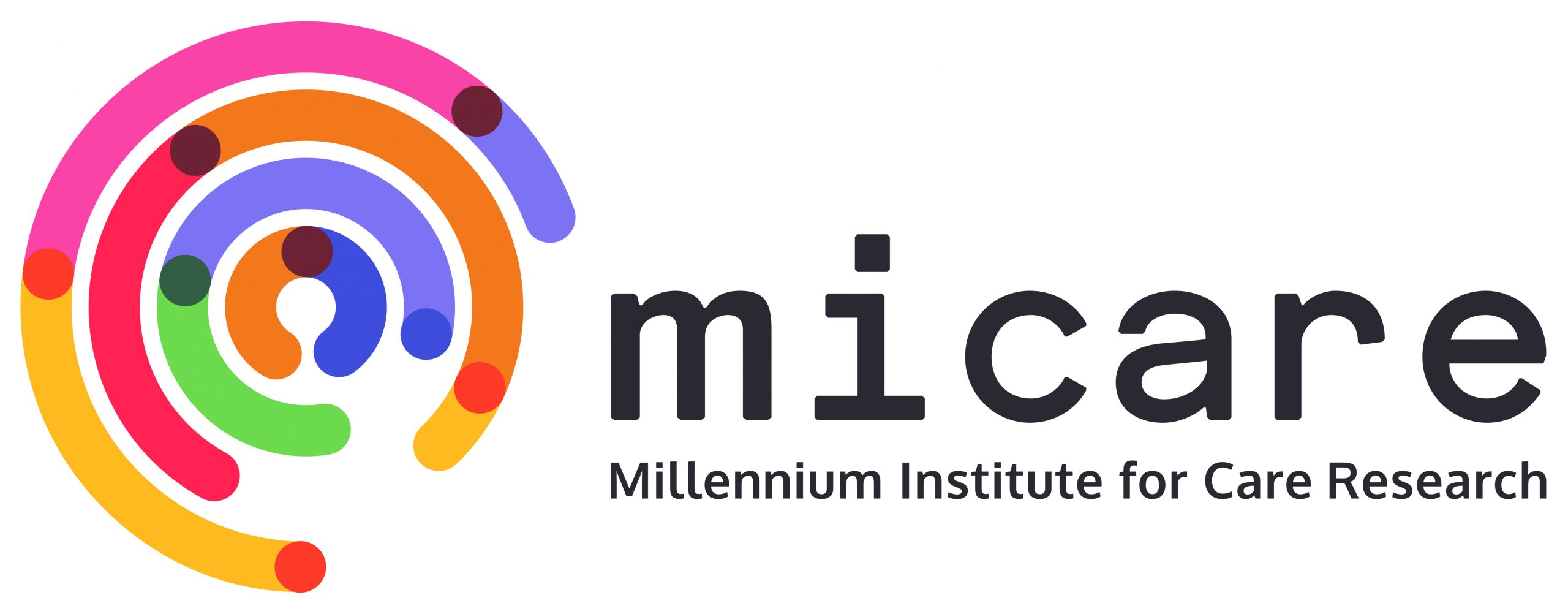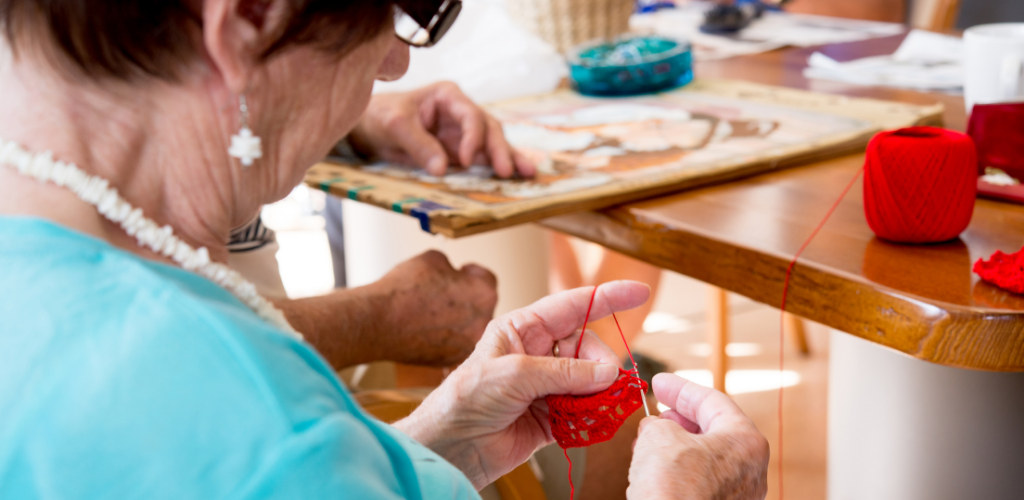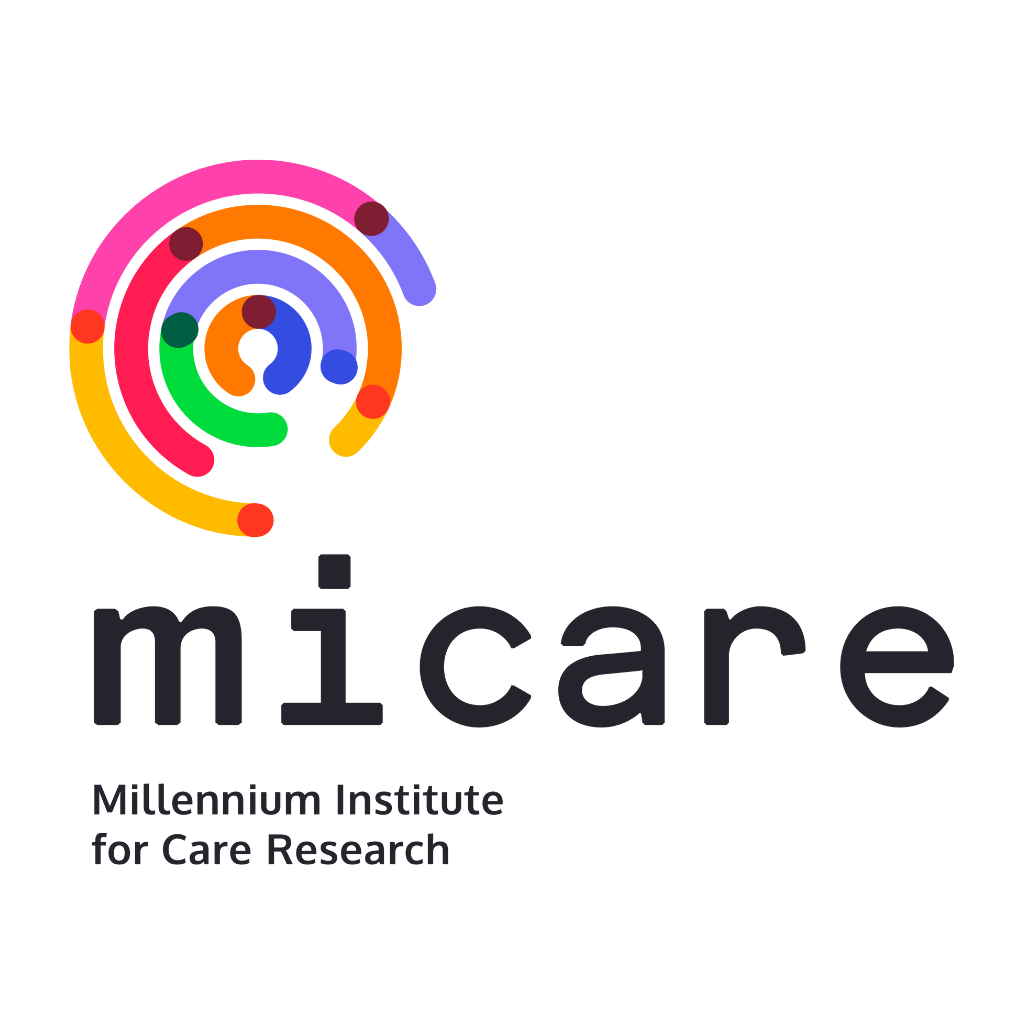By Alejandra Araya, MICARE associate researcher and academic at Universidad Andrés Bello.
The Month of the Elderly began on October 1. This date seeks to commemorate the contributions of the elderly to society and make ageing visible as a process that affects all people.
Chile and the world, in general, have seen an increase in ageing rates, as a result of advances in medicine, a decrease in birth rates and a sustained increase in life expectancy.
By 2050, for the first time in human history, the number of people aged 60 and over in the world will exceed the number of young people.
This is why this reality demands great challenges for the different actors that make up the social fabric.
Various measures have been implemented by Governments and Civil Society, many of them accompanied by empirical evidence produced by Research Centers such as MICARE.
All these measures have a positive ageing approach, seeking to promote the necessary conditions so that people can maintain their autonomy and thus have a dignified ageing process.
One of them is the Day Center for the elderly, where it is sought in an interdisciplinary way to deliver activities to strengthen the functionality of the elderly who live in the community.
A recent study that analyzed older people and their carers before and after leaving a Day Center, showed that they improve their perception of social support and decrease frailty rates.
These results show the purpose of these services, where older people are given the opportunity to reconnect with the social networks available in their community, but, in turn, allow them to establish social links with other attendees at the center. This generates ties among them, reducing their perception of loneliness and creating new networks of community support among peers.
In addition, a qualitative study showed that older people report improved functionality, increased well-being and greater social insertion, confirming the findings previously described.
Along with the above, carers of older people are a central element. In this sense, the carers of the elderly who attend the day centers also agree on the benefits reported.
Functionality is one of the most critical aspects for older people who live in the community since this marks the capacity for autonomy to carry out their daily activities and to feel part of our society.
Geriatric services such as day centers contribute by strengthening capacities and creating new links for the elderly and their carers, to develop new care tools.
In 2013, SENAMA started the Day Centers for the Elderly program. To date, Chile has 89 Day Centers throughout the country.
These establishments have proven to be beneficial for the quality of life of the elderly and turn out to be an intermediate device between total institutionalization and ageing at home, resulting in one of the key pieces of the Comprehensive Positive Aging Policy for Chile.
It is important to promote the existence of services such as Day Centers where comprehensive intervention is carried out, joint work with the community is encouraged, the functionality and autonomy of the elderly are enhanced, and the care provided by their carers is really valued.
To read more:
.





